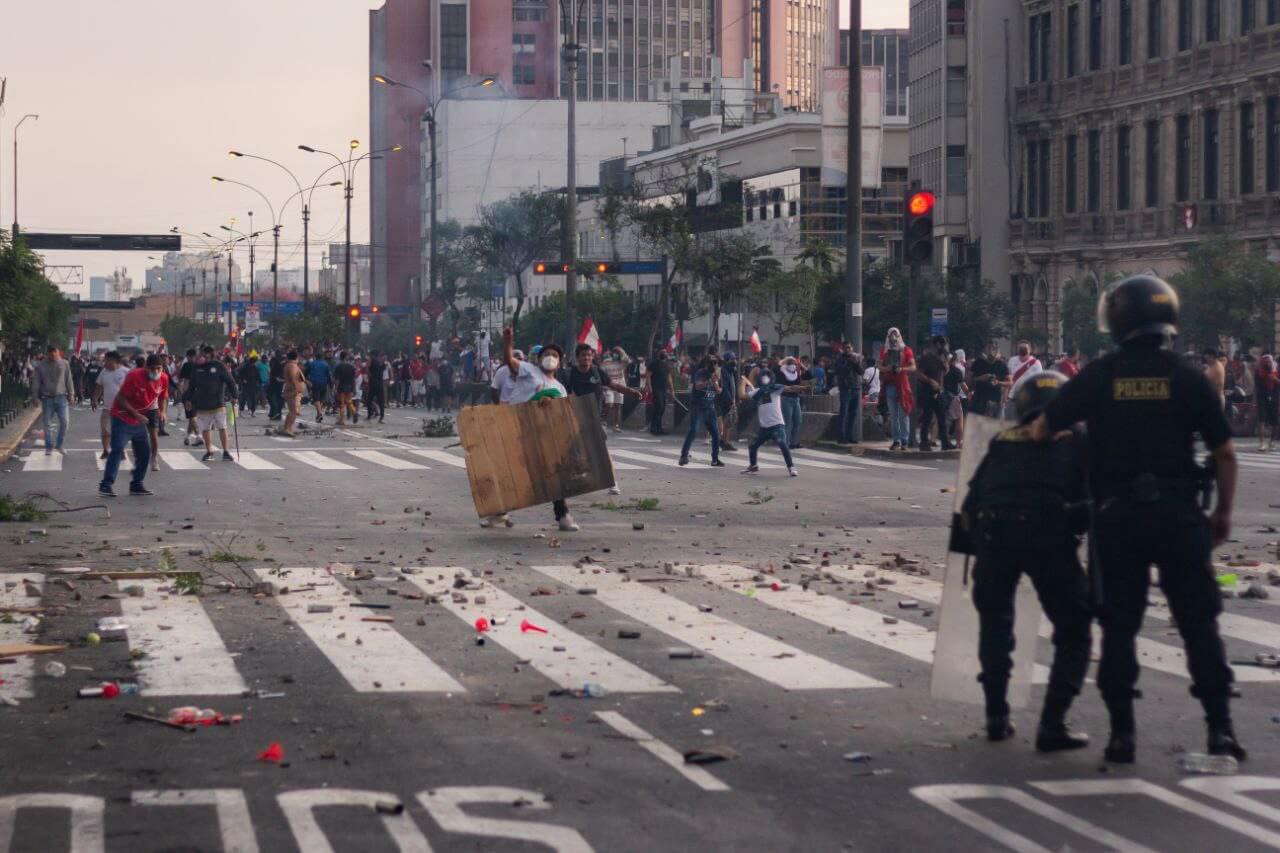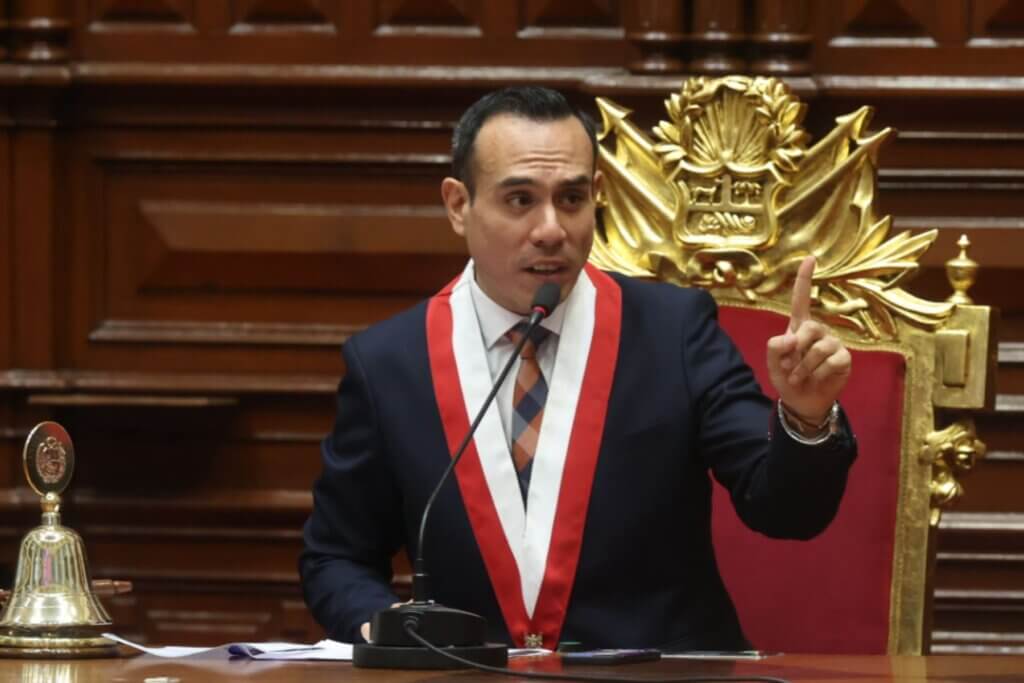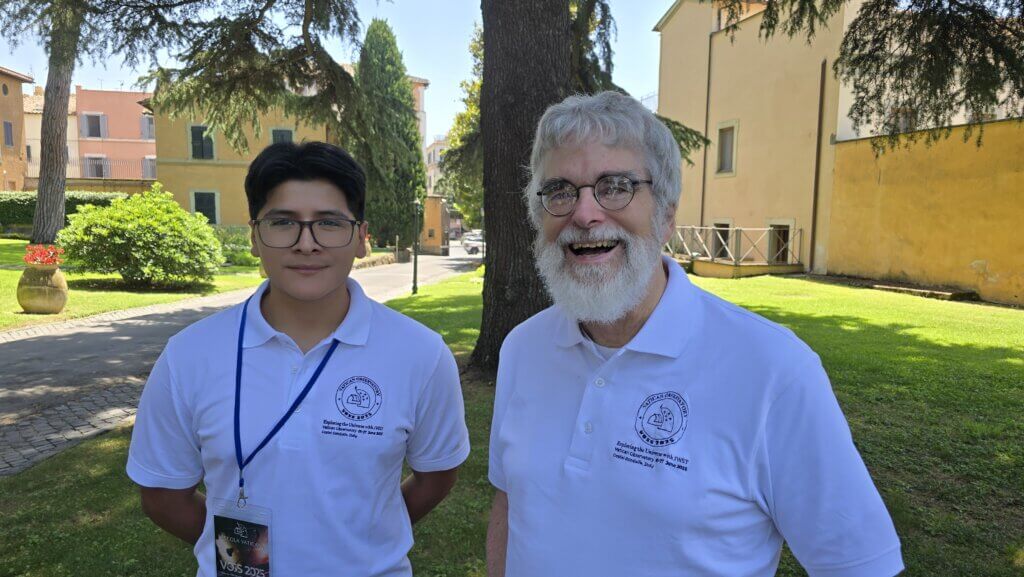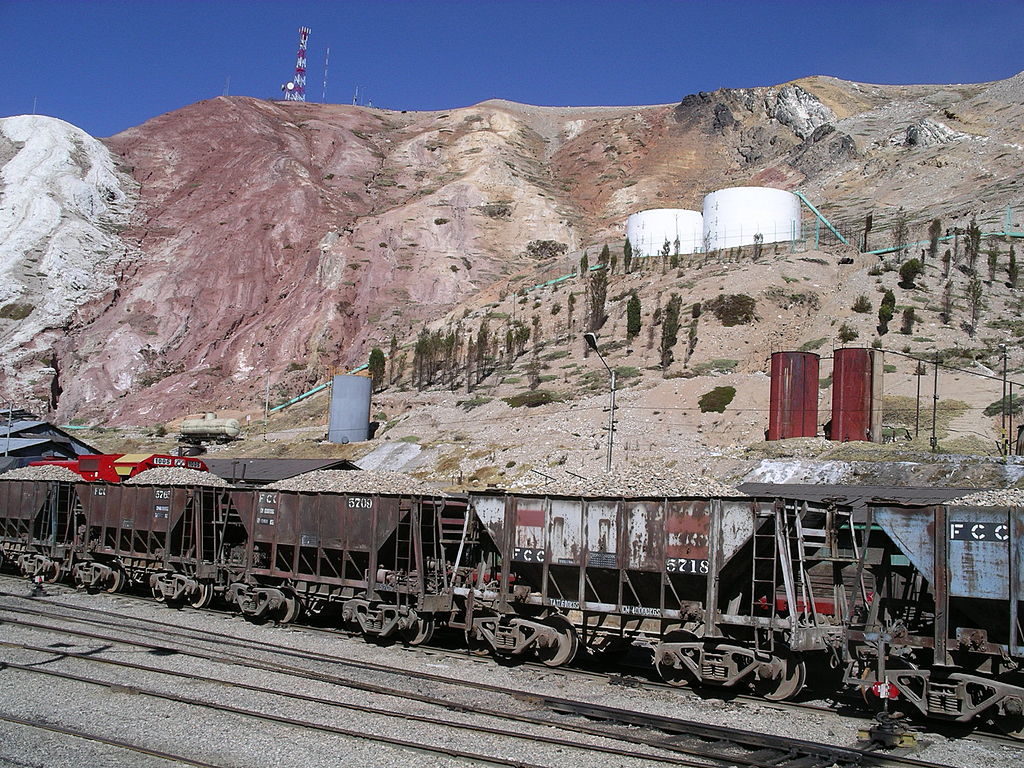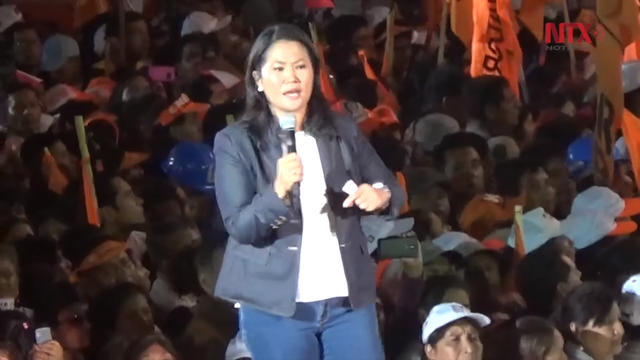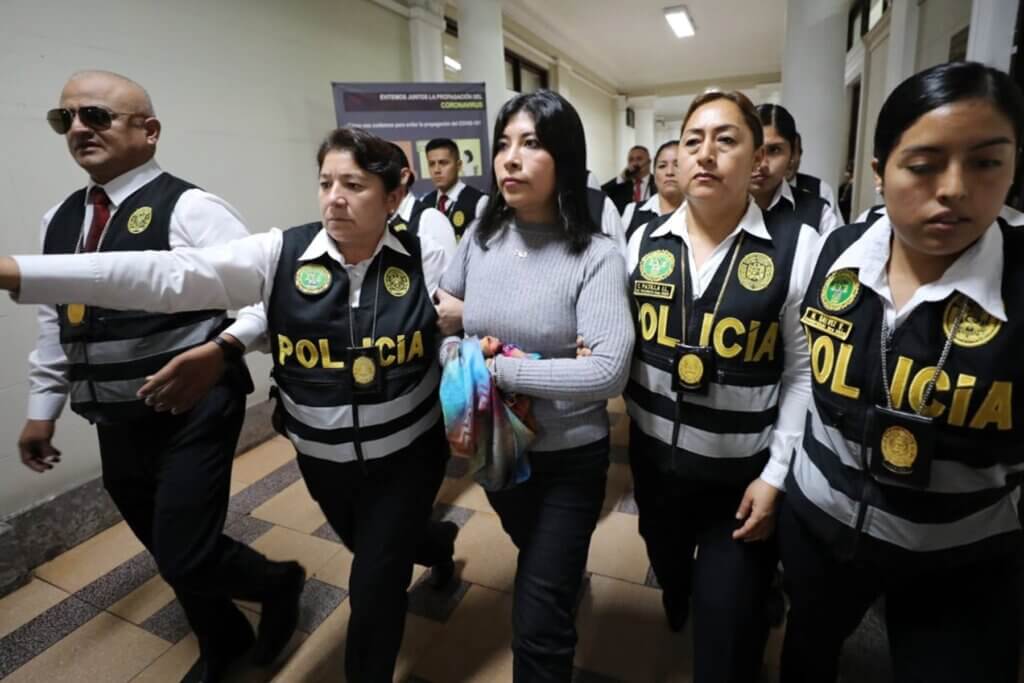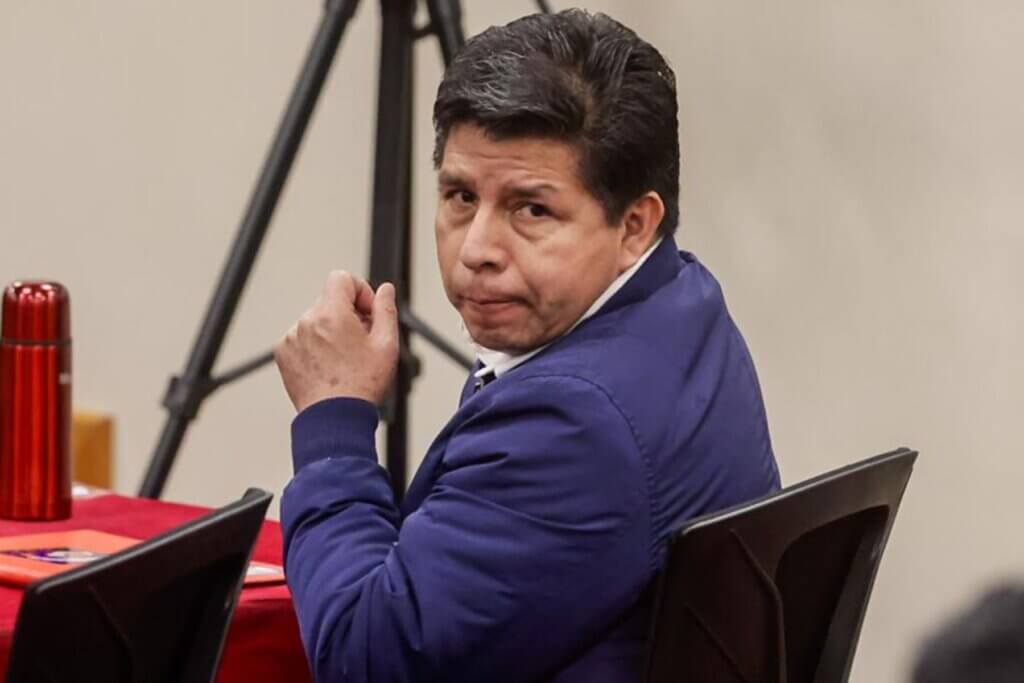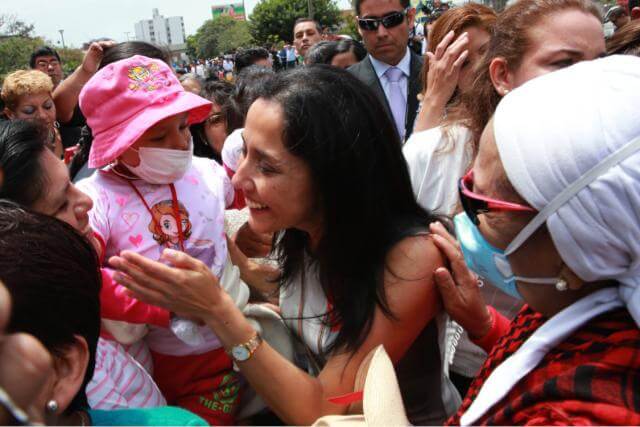Hours after Peruvian President Pedro Castillo ordered a 24-hour curfew to calm protests across the country, thousands of citizens on Tuesday ignored the order and took to the streets to demand his resignation, forcing Mr. Castillo to rescind the measure just hours before it was set to expire.
In downtown Lima, thousands of protesters snaked their way through city streets until they reached San Martín Plaza and Abancay Avenue, near Peru’s Congress.
“Resign, Castillo!” “We are tired!” “The people don’t surrender!” cried the demonstrators who carried banners and dawned Peruvian soccer jerseys.
The citizens tried to reach Congress where, on Tuesday afternoon, the president and his ministers met with members of Congress and spokespersons for the caucuses to seek solutions to rising fuel prices and food costs that have sparked a nationwide transportation strike.
Mr. Castillo didn’t give clear explanations or communicate concrete actions, but before leaving Congress, he announced the end of the curfew. The announcement was made around 5:00 PM, just seven hours before the curfew’s planned expiration time.
“I must announce that from this moment on we are going to cancel the curfew order,” he said.
Despite the announcement, the protests continued. Some violent acts were reported, such as damage to the offices of the Public Ministry, Peru’s Judiciary, and other public and private buildings.
#Perú | Ante las masivas protestas, Pedro Castillo anuncia que deja sin efecto el toque de queda
"Debo anunciar que a partir del momento vamos a dejar sin efecto esta inamovilidad que corresponde llamar a la tranquilidad del pueblo peruano", dijo el mandatario en el Congreso. pic.twitter.com/Mnv9CU2cRz— ANRed #25Años (@Red__Accion) April 6, 2022
Other people tried to breach the main door of the building of the National Jury of Elections, the entity in charge of electoral processes in Peru.
Some of the most heated disturbances occurred outside Congress, where police clashed with protesters and vandals. The Minister of Interior, Alfonso Chávarry Estrada, reported that 25 police officers had been injured in confrontations.
The President’s curfew was widely criticized for its economic and social impacts as well.
The Lima Chamber of Commerce, one of the most representative business associations in Peru, has indicated that for each day of curfew, only in Lima and Callao, the country’s gross domestic product (GDP) loses around 1,000 million soles (about USD $270 million).
The curfew also affected dozens of mothers who arrived at the Children’s National Hospital, where families were not admitted or cared for due to the lack of staff, according to La Republica. Also, more than 600 passengers reportedly missed their flights as a result of the curfew.


